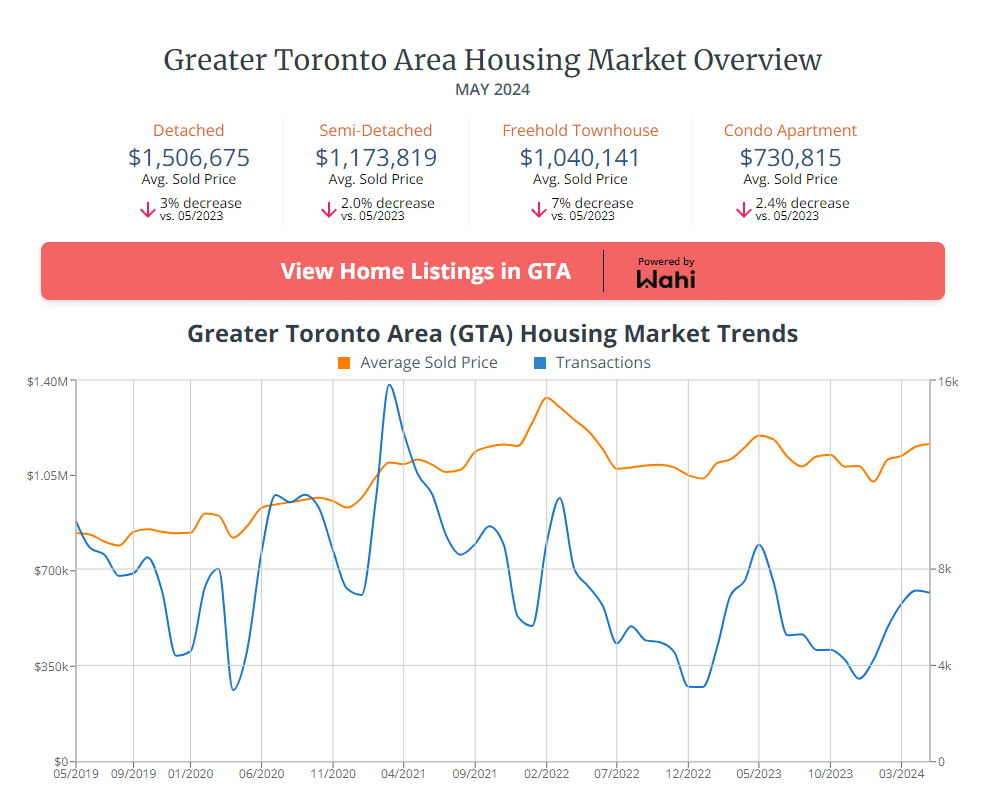In the realm of investments and financial planning, few sectors hold as much promise and complexity as real estate. This blog aims to demystify some of these complexities and provide you with insights that will empower your decisions in the real estate arena.
Understanding Market Trends
The real estate market is inherently dynamic, influenced by a myriad of factors ranging from economic indicators to social trends. Keeping abreast of these trends can significantly impact your investment strategy. For instance, urbanization trends have fueled demand for residential properties in city centers, while the rise of remote work has sparked interest in suburban and rural areas offering more space and tranquility.
Moreover, economic factors such as interest rates, inflation rates, and employment levels play a pivotal role in shaping market conditions. Low interest rates, for example, often translate into increased affordability for homebuyers and can stimulate demand in the housing sector. Conversely, rising interest rates may prompt a cooling effect on the market as borrowing costs increase.
Navigating the Buying Process
Start by determining your budget and securing pre-approval for a mortgage, if applicable. This will provide you with a clear understanding of your financial constraints and streamline the negotiation process with sellers.
Next, identify your preferences in terms of location, property type, and amenities. Consider factors such as proximity to schools, workplaces, healthcare facilities, and recreational areas. These elements not only affect your quality of life but also influence the property’s resale value and investment potential.
When evaluating potential properties, conduct thorough inspections to assess their structural integrity and condition. Consider enlisting the services of a qualified home inspector to uncover any hidden issues that could impact the property’s value or require costly repairs in the future.
Investment Strategies
Beyond homeownership, real estate offers a diverse range of investment opportunities catering to different risk appetites and financial objectives. From rental properties to real estate investment trusts (REITs) and real estate crowdfunding platforms, investors have access to various avenues for generating passive income and building wealth over time.
Rental properties, for instance, provide steady cash flow through monthly rental income and the potential for long-term appreciation in property value. However, landlords must navigate challenges such as tenant management, maintenance costs, and regulatory compliance.
Alternatively, REITs offer investors the opportunity to invest in a diversified portfolio of income-generating properties without the responsibilities of property management. These publicly traded entities distribute a significant portion of their earnings to shareholders in the form of dividends, making them an attractive option for income-focused investors.
Real estate crowdfunding platforms have also gained traction in recent years, allowing individuals to invest in specific real estate projects alongside other investors. These platforms provide access to properties that may otherwise be inaccessible due to high entry barriers, offering potential returns through rental income and property appreciation.
Mitigating Risks
While real estate investments can yield lucrative returns, they also entail inherent risks that investors must carefully consider and mitigate. Market fluctuations, unforeseen maintenance expenses, vacancies, and regulatory changes can impact investment performance and profitability.
Diversifying your investment portfolio across different types of properties and geographic locations can help spread risk and minimize exposure to market downturns. Conducting thorough due diligence, including financial analysis and market research, is essential when evaluating investment opportunities to make informed decisions aligned with your investment goals.
Additionally, maintaining adequate liquidity reserves ensures you have the financial flexibility to address unexpected expenses or capitalize on opportunities that may arise in the market. Establishing a contingency plan and consulting with financial advisors or real estate professionals can provide valuable insights and guidance throughout your investment journey.
Frequently Asked Questions About Real Estate
- What should I consider when choosing a real estate agent? When selecting a real estate agent, consider their experience, local market knowledge, and communication style. It’s essential to work with someone who understands your preferences and objectives, whether you’re buying, selling, or investing.
- How can I improve my credit score to secure a better mortgage rate? Improving your credit score involves paying bills on time, reducing outstanding debts, and correcting any errors on your credit report. A higher credit score not only enhances your chances of securing a favorable mortgage rate but also saves you money over the life of the loan.
- What are closing costs, and how much should I budget for them? Closing costs are fees associated with finalizing a real estate transaction, including loan origination fees, appraisal fees, title insurance, and legal fees. Buyers should budget approximately 2% to 5% of the purchase price to cover these expenses.
- Is it better to rent or buy a home? The decision to rent or buy depends on your financial situation, long-term goals, and local market conditions. Buying a home can build equity and offer stability, while renting provides flexibility and fewer maintenance responsibilities. Consider your lifestyle and financial objectives when making this decision.
- What factors should I consider before investing in rental properties? Before investing in rental properties, evaluate factors such as location, rental demand, property condition, potential rental income, and landlord responsibilities. Conducting thorough financial analysis and understanding landlord-tenant laws in your area are crucial to successful property management.
Conclusion
In conclusion, navigating the complexities of the real estate market requires a combination of knowledge, strategy, and careful consideration. Whether you’re a prospective homeowner, investor, or seller, understanding market trends, evaluating investment opportunities, and leveraging professional guidance can significantly enhance your success and mitigate risks.
By staying informed about current market conditions, conducting thorough due diligence, and exploring diverse investment strategies, you can make informed decisions aligned with your financial goals. Whether you’re purchasing your first home, diversifying your investment portfolio, or generating passive income through rental properties, the real estate market offers myriad opportunities for growth and financial stability.
In conclusion, the real estate market presents a wealth of opportunities for investors and homeowners alike, characterized by its dynamic nature and potential for significant financial rewards. By staying informed about market trends, navigating the buying process with confidence, and adopting prudent investment strategies, you can position yourself for success in the ever-evolving real estate landscape.
Whether you’re seeking to purchase your first home, diversify your investment portfolio, or generate passive income through rental properties, understanding the intricacies of real estate can empower you to make informed decisions that align with your financial objectives. By leveraging knowledge, conducting thorough research, and seeking professional guidance when needed, you can navigate the complexities of the real estate market with confidence and achieve your long-term financial goals.









